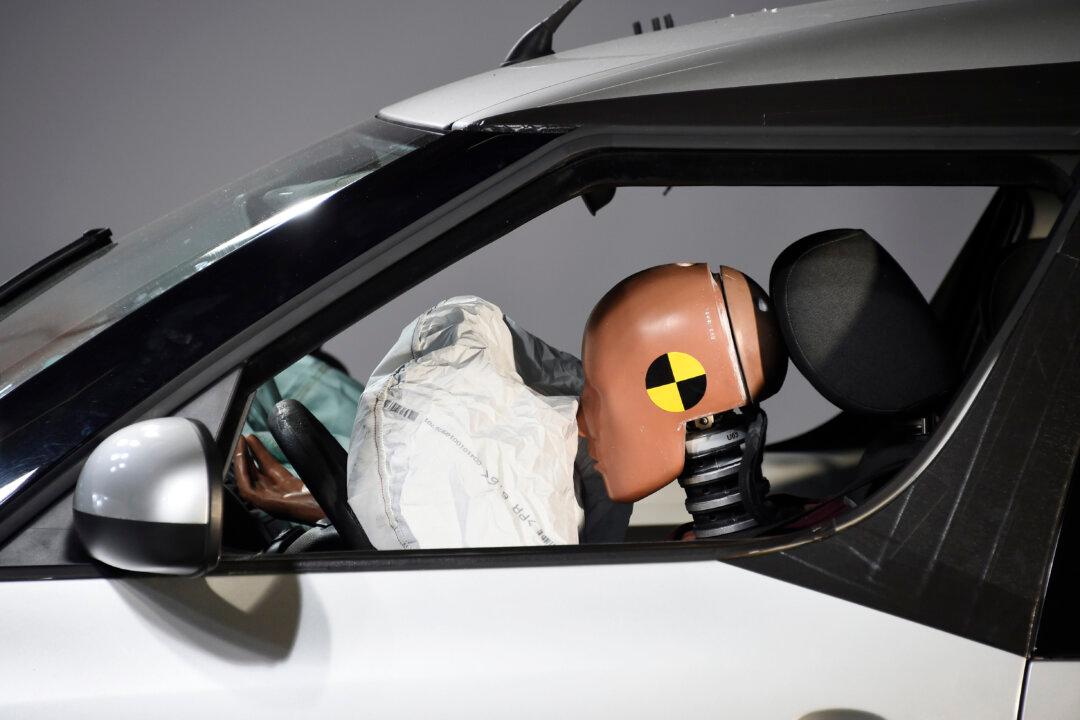The National Highway Traffic Safety Administration (NHTSA) has reaffirmed an earlier decision it made regarding safety concerns over an air bag inflator produced by Tennessee-based ARC Automotive Inc., the agency said on July 31. The decision paves the way for the potential recall of approximately 50 million units.
The move comes after extensive investigation and review of public comments highlighting what the agency says is a critical safety defect in ARC’s hybrid toroidal air bag inflators, which have been linked to multiple incidents of rupture and injury, it said in a supplemental notice.





